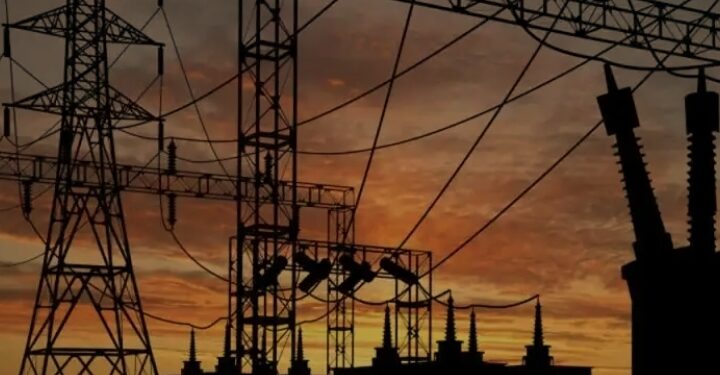In a decisive move to address the nation’s electricity challenges, the Nigerian Electricity Regulatory Commission (NERC) has granted approval for an increase in electricity tariffs.
This pivotal decision aims to enhance the efficiency and sustainability of the electricity sector, paving the way for crucial improvements in service delivery.
During a press briefing held in Abuja on Wednesday, Vice Chairman Musliu Oseni unveiled the commission’s decision to implement a surge in electricity tariffs.
With this adjustment, customers falling under the Band A category will witness a notable rise in their electricity bills, from the current rate of N66 to N225 per kilowatt-hour.
This strategic move is poised to bolster revenue generation and foster long-term viability within the electricity market.
Highlighting the operational restructuring underway, Vice Chairman Oseni revealed plans to reduce the number of feeders classified as Band A. From the current count of 800 feeders, the commission aims to streamline this figure to under 500.
This strategic manoeuvre is anticipated to optimise resource allocation and improve service coverage across key regions.
The transition to Band A classification signifies a significant shift in the distribution of electricity services. While previously servicing a broad spectrum of customers, these feeders now cater to a narrower demographic, encompassing only 17 percent of total electricity consumers.
This targeted approach seeks to enhance service quality and address the unique needs of Band A customers more effectively.
In tandem with the tariff adjustment, NERC has issued a directive titled the April Supplementary Order, outlining key provisions and guidelines for market participants.
Among the directives is the allowance of 235 kilowatt per hour, signalling a calibrated approach towards tariff management and market regulation.











